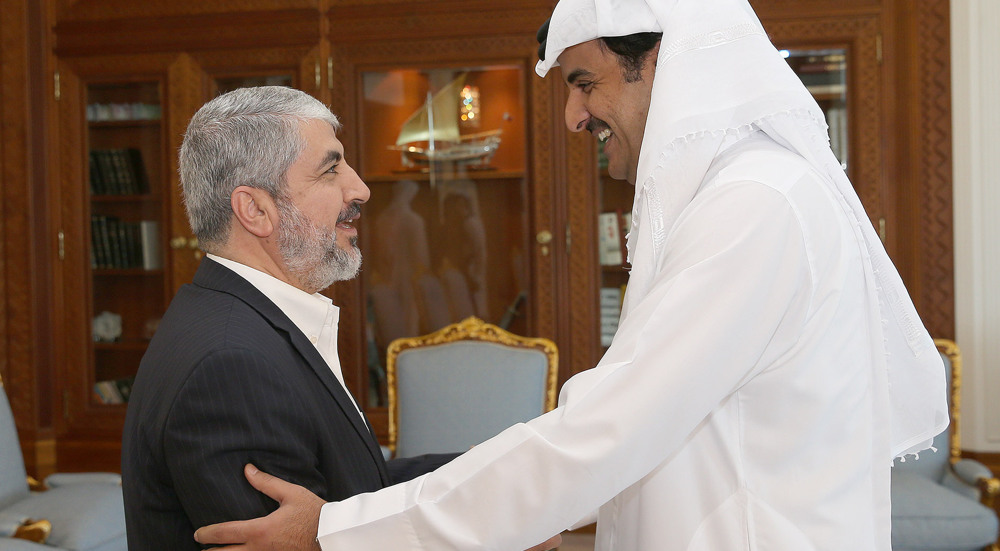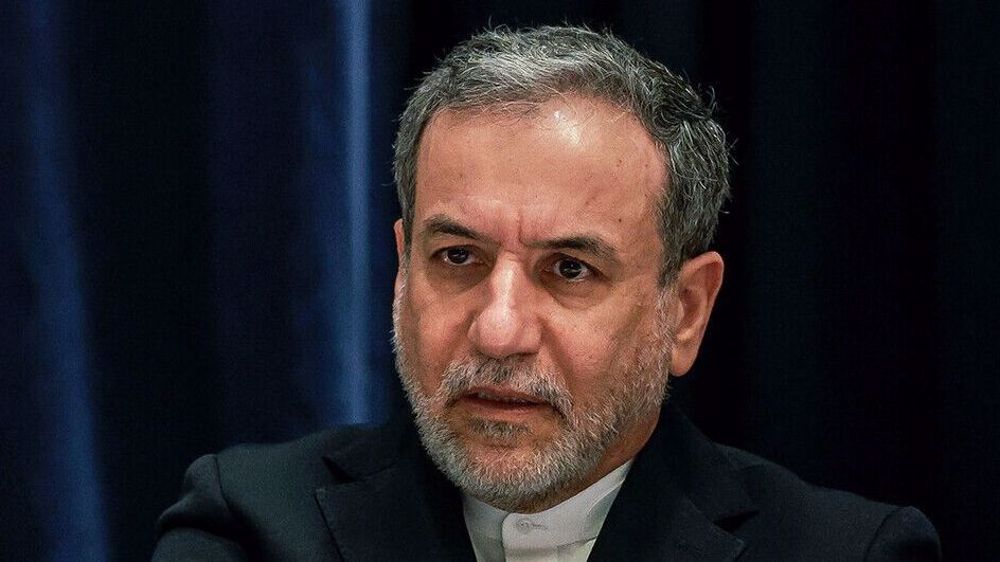Doha's hosting 2022 FIFA World Cup not up for discussion: Qatar
Qatar has strongly criticized recent remarks by a top Emirati security official that the ongoing Saudi-led diplomatic crisis targeting the energy-rich Persian Gulf kingdom could be resolved if Doha gives up hosting the 2022 FIFA World Cup.
Qatar's Government Communications Office said in a statement on Wednesday that the attempt by Dubai security chief Lieutenant General Dhahi Khalfan to link the quadrennial games to the dispute shows that the political and economic boycott of Doha “is founded on petty jealousy, not real concerns.”
“This demand is a clear attempt to undermine our independence. The World Cup, like our sovereignty, is not up for discussion or negotiation,” it added.
The statement also urged Bahrain, Egypt, Saudi Arabia and the United Arab Emirates to rally behind the “once-in-a-lifetime opportunity for us all” and stop the blockade.
“We've always taken the simple position that sport is elevated from conflict and that the 2022 FIFA World Cup in Qatar will be a platform to bring people together, separate from any political ideology,” the statement said.
“We also see the tournament as a powerful tool for Qatar and the region to counter extremism and reject terrorism,” it pointed out.
Qatari authorities say their efforts at building sports facilities and infrastructure for the 2022 FIFA World Cup remain on track.
“Even today, when we are faced with the current illegal blockade, we stand resolute that everybody will be welcome when the first ball is kicked on November 21, 2022,” Qatar's World Cup supreme committee said.
Saudi Arabia, the United Arab Emirates, Egypt and Bahrain all cut off diplomatic ties with Qatar on June 5, after officially accusing it of “sponsoring terrorism.”

The administration of Saudi-backed and resigned Yemeni president Abd Rabbuh Mansur Hadi, Libya, the Maldives, Djibouti, Senegal and the Comoros later joined the camp in ending diplomatic ties. Jordan downgraded its diplomatic relations as well.
Qatar's Foreign Ministry later announced that the decisions to cut diplomatic ties were unjustified and based on false claims and assumptions.
On June 9, Qatar strongly dismissed allegations of supporting terrorism after the Saudi regime and its allies blacklisted dozens of individuals and entities purportedly associated with Doha.
“The recent joint statement issued by the Kingdom of Saudi Arabia, Bahrain, Egypt and the UAE regarding a ‘terror finance watch list’ once again reinforces baseless allegations that hold no foundation in fact,” the Qatari government said in a statement.
On June 23, Saudi Arabia and its allies released a 13-point list of demands, including the closure of Al Jazeera television network and downgrade of relations with Iran, in return for the normalization of diplomatic relations with Doha.
The document containing the demands by Saudi Arabia, Egypt, the UAE and Bahrain also asked Qatar to sever all ties with the Muslim Brotherhood and the Lebanese Hezbollah resistance movement.
VIDEO | Israeli forces storm West Bank’s Jenin again, target civilians
Iran activates advanced centrifuges after IAEA's 'unjust' resolution
VIDEO | Press TV's news headlines
Iran FM: Response to Israeli aggression 'inevitable'
VIDEO | Iran eases the rules for exporting hand-woven carpets
VIDEO | Intl. Day for the Elimination of Violence against Women: A stark reminder of Gaza women
Australia denies ex-Israeli minister Shaked visa
VIDEO | 85% of Yemeni displaced people face daily hunger crisis



















 This makes it easy to access the Press TV website
This makes it easy to access the Press TV website